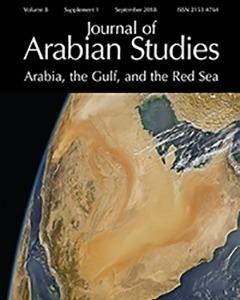
Abstract
The oil and gas-rich states of the Gulf Cooperation Council have long been treated as exceptional, where distributions of rent-based wealth to society assumedly preclude political dissent. Yet, by examining informal and formal opposition in Qatar, Bahrain, and Oman since 2011, this article disputes the effectiveness of this “co-optation mechanism” at the sub-national level. Drawing from 135 semi-structured interviews conducted with citizens of these states, it uncovers evidence of challenges to state authority even among nationals who should theoretically be co-opted. In examining the limits of rent-based co-optation, the article highlights two key political dynamics that have demonstrated a capacity to overpower rent-based incentives to remain politically inactive: ideology and repression. Societies, then, were far from quiescent, and this research examines the networks and dynamics that have allowed citizens to challenge state authority.